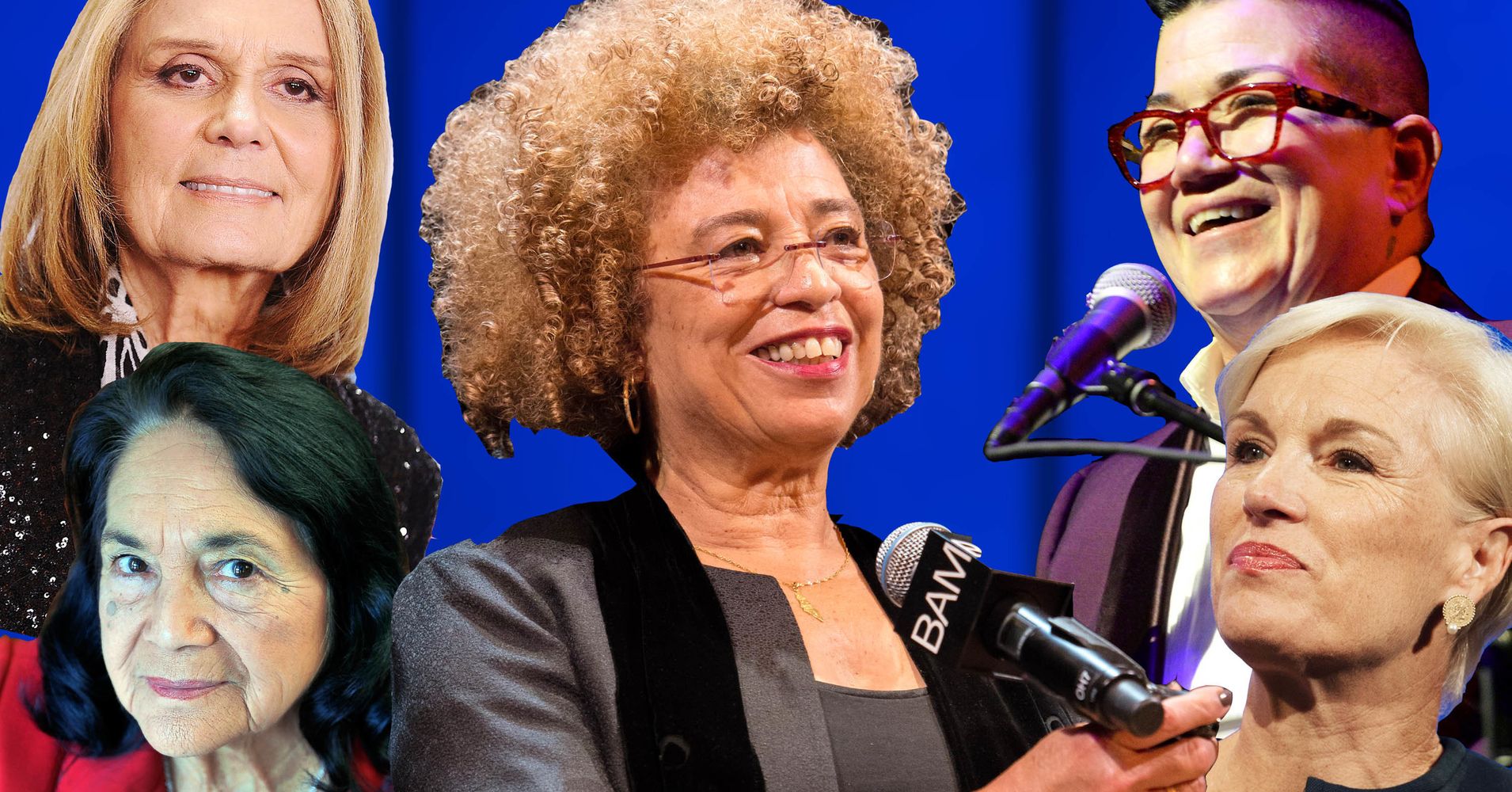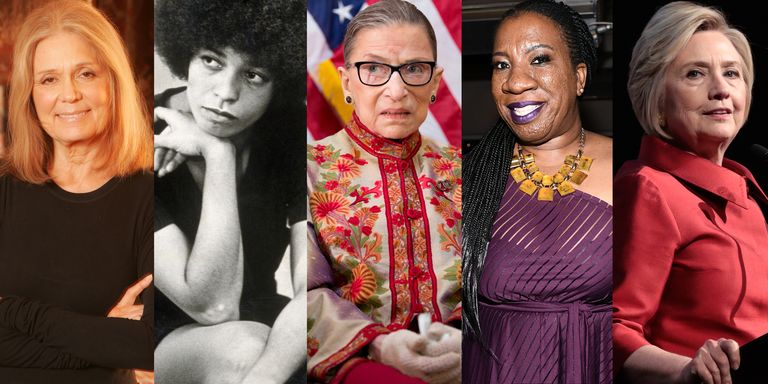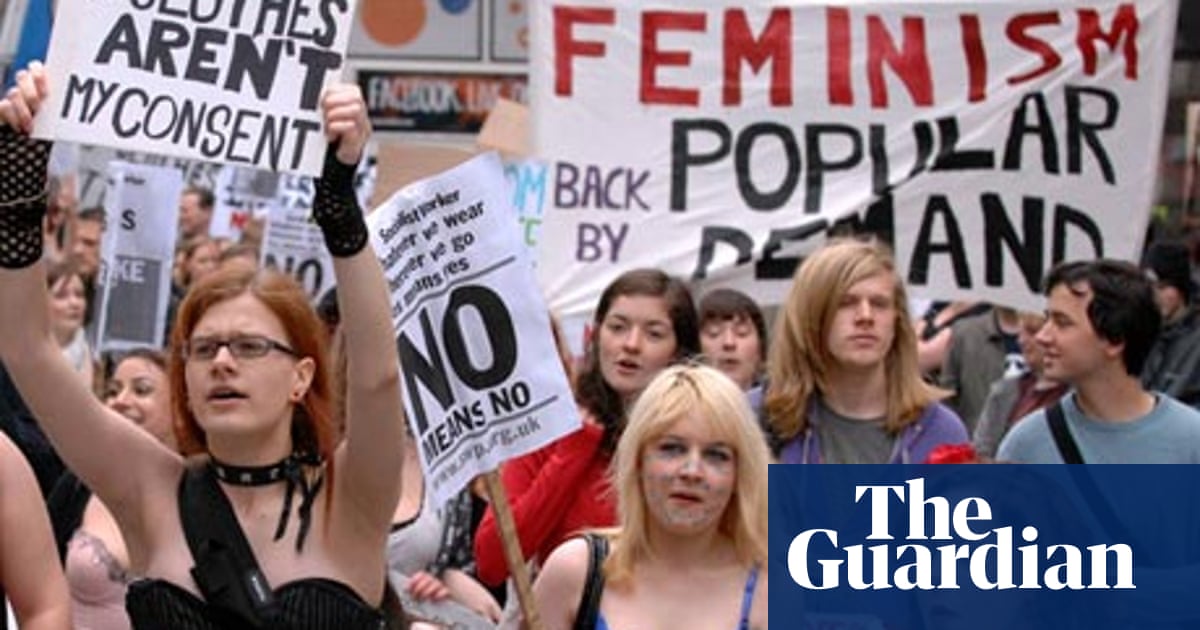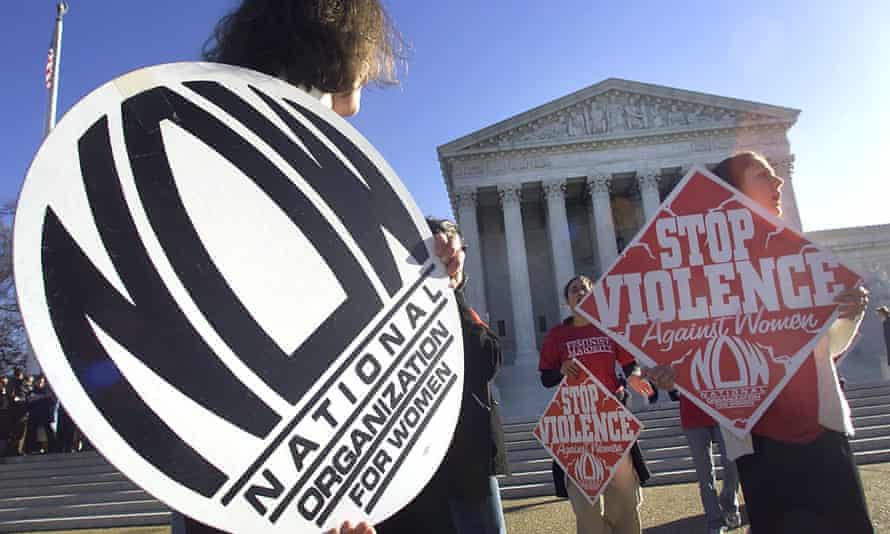Are you curious about the history of feminism and the trailblazing women who fought for gender equality? From the first woman to vote to the most famous feminist in history, this blog post explores the groundbreaking women and men who paved the way for women’s rights. Delve into the world of feminism and discover the most influential figures, including the “Mother of Feminism” herself, Gloria Steinem, who led the women’s liberation movement in the ’60s and ’70s, and continues to make an impact today. Get ready to be inspired by the stories of these remarkable individuals and the different types of feminism they championed.

Unveiling the Most Influential Figure in Feminism
When it comes to the biggest feminist, Gloria Steinem is a name that resonates with many. She is aptly referred to as the “Mother of Feminism,” and for good reason. Steinem played a crucial role in leading the women’s liberation movements throughout the ’60s and ’70s. Even today, she continues to fight for women’s rights and gender equality.
Steinem’s contributions to the feminist movement have been vast and varied. She has written extensively on issues related to women’s rights and gender equality, and has been a prominent speaker and activist for several decades. She co-founded Ms. Magazine, a publication that has served as an important platform for feminist voices, and has also been involved in numerous other organizations and initiatives aimed at advancing the cause of women’s rights.
Steinem’s impact on the feminist movement has been profound, and her legacy continues to inspire new generations of feminists. As she once said, “The story of women’s struggle for equality belongs to no single feminist nor to any one organization but to the collective efforts of all who care about human rights.” Steinem’s work has been instrumental in advancing these collective efforts and ensuring that the fight for gender equality remains a top priority.
>> Must read Who is the best mother of all time?
Unsung Heroines: The Girl Who Fought for Women’s Rights
Susan B. Anthony is a renowned name in the Women’s Rights Movement history. She was born on February 15, 1820, in Massachusetts, to a Quaker family. Anthony is considered the most well-known women’s rights activist of all time. Together with Elizabeth Cady Stanton, they were pioneers of the Women’s Rights Movement. Anthony fought relentlessly for women’s rights, including their right to vote. She played a significant role in the 19th-century women’s suffrage movement and was a strong advocate for women’s education and employment opportunities. Susan B. Anthony’s contributions to the women’s rights movement are immeasurable, and her legacy continues to inspire women to fight for their rights to this day.
Trending now – Who is the richest girl alive?
Notable Pioneers in the Fight for Women’s Rights.
Susan B Anthony is a name that resonates with the feminist movement worldwide. Born in 1820, she was an American social reformer and women’s rights activist who played a pivotal role in the women’s suffrage movement. Anthony’s passion for social justice was kindled in her childhood, as she grew up in a Quaker household that was actively involved in the abolitionist movement. Her family hosted anti-slavery activists, and they even hid runaway slaves in their home.
This early exposure to activism and social justice would shape Anthony’s life’s work. Her activism in the feminist movement began in 1851 when she met Elizabeth Cady Stanton, and together they worked tirelessly to secure women’s rights. Anthony was instrumental in organizing the first Women’s Rights Convention in Seneca Falls in 1848. She was a fierce advocate of women’s suffrage, and through her tireless campaigning, she helped secure the right for women to vote in the United States.
Anthony’s unwavering commitment to social justice was not limited to women’s rights. She was also a staunch abolitionist and fought tirelessly against slavery. Her work in the abolitionist movement made her one of the most respected activists of her time. Her activism did not end with the abolition of slavery or women’s suffrage. She continued to fight for social justice until her death in 1906.
Susan B Anthony’s legacy in the feminist movement is unparalleled. Her unwavering commitment to social justice, her tireless campaigning for women’s rights and her contribution to the abolitionist movement make her an icon of the feminist movement. Her name has become synonymous with the suffrage movement, and her work continues to inspire generations of feminists around the world.

The Greatest Woman in History: A Look at Her Remarkable Contributions and Enduring Legacy
Mary, the mother of Jesus, is widely considered as the most famous female in history. Her character and story have been celebrated and venerated by both Christians and Muslims for centuries. Although the details of her life are not fully known, the New Testament provides some insight into her life and her significant role in history.
Mary is an iconic figure in Christianity, revered for her immaculate conception and for giving birth to Jesus, the Savior. She is often portrayed as a symbol of purity, compassion, and motherhood. Her story has been depicted in various forms of art, literature, and music, and continues to inspire people around the world.
In Islam, Mary is also highly respected and is considered to be one of the most virtuous women in history. She is mentioned many times in the Quran and is referred to as Maryam. In the Islamic tradition, Mary is revered for her piety, devotion, and her role as the mother of Prophet Jesus.
Despite the limited information available about Mary’s life, her story has been passed down through generations and has become an enduring symbol of faith, courage, and love. Her legacy has touched the lives of millions of people throughout history and remains an inspiration to many today.
Uncovering the Trailblazing Female Voter: Who Paved the Way for Women’s Suffrage?

Jeannette Rankin was a trailblazer in the fight for women’s rights. She made history when she became the first woman to hold a seat in Congress as a U.S. Representative on April 2, 1917. It was a significant milestone that caught the attention of Congress and the entire country. Prior to her, every person who had held a seat in Congress had been men, making her achievement all the more impressive.
Jeannette Rankin’s election to Congress came at a time when women in the United States were still fighting for their right to vote. The 19th Amendment, which granted women the right to vote, was not passed until three years later in 1920. Despite this, she was a powerful voice for women’s rights and a symbol of hope for American women.
Rankin’s election to Congress, however, was not her only contribution to the women’s rights movement. She was also a leading figure in the suffrage movement and played a pivotal role in securing the right to vote for women. Jeannette Rankin was truly a remarkable woman who dedicated her life to fighting for equality and justice for all.
Male Contributors to Women’s Rights Movement
It is a common misconception that the fight for women’s rights was solely led by women. In fact, many men played a crucial role in supporting and advancing the women’s cause. These men were husbands, fathers, brothers, uncles, and other male family members who believed in gender equality.
Throughout the country, there were men who were themselves suffragists, advocating for women’s right to vote. They recognized the injustice of denying women the right to participate in the democratic process and lent their support to the cause. Some of them even faced ridicule and discrimination for their beliefs.
One such man was Frederick Douglass, a prominent abolitionist and women’s rights supporter. He spoke at several women’s suffrage conventions and argued that denying women the right to vote was as unjust as denying it to African Americans. He understood that the fight for equality applied to all marginalized groups, regardless of gender or race.
Another male ally of the women’s rights movement was John Stuart Mill, a philosopher and politician who believed passionately in gender equality. He was a vocal advocate for women’s suffrage and wrote extensively on the subject, arguing that women were just as capable as men of making informed decisions about government and politics.
In conclusion, men played an important role in the fight for women’s rights. They recognized the injustice of denying women the right to vote and other basic rights and lent their support to the cause. It is important to acknowledge and celebrate these male allies who stood up for gender equality, as their contributions were crucial in advancing the women’s cause.
The Pioneering Women Who Paved the Way for Modern Feminism
When it comes to feminist icons, Gloria Steinem undoubtedly stands out as one of the most influential figures in history. Known as the “Mother of Feminism,” Steinem is a trailblazing activist, writer, editor and lecturer who has dedicated her life to fighting for women’s rights. Born in Ohio in 1934, Steinem’s early activism was sparked while working as a journalist, where she witnessed firsthand the inequalities and injustices faced by women in the workplace.
Throughout her career, Steinem has been a vocal advocate for reproductive rights, gender equality and the elimination of all forms of violence against women. Her work as a writer and editor has been instrumental in advancing feminist discourse, including co-founding Ms. Magazine, the first national feminist magazine.
Not only has Steinem been a tireless advocate for women’s rights, but she has also been an inspiration to countless women and feminists around the world. Her activism and leadership have paved the way for future generations of feminists to continue the fight for gender equality. It’s no wonder that she is often referred to as the “Mother of Feminism” and remains a prominent figure in the feminist movement to this day.
Exploring the Different Forms of Feminism: A Guide to the 4 Types.
Feminism is a term that encompasses a wide range of beliefs and ideologies. There are different kinds of feminism, each with its own distinctive approach and theories. Here are the four main types of feminism:
1. Liberal Feminism: This type of feminism aims to achieve gender equality through legal and political reform. Liberal feminists believe that women should have the same rights and opportunities as men, and they work to remove institutional barriers that prevent women from achieving their full potential.
2. Radical Feminism: Radical feminists believe that gender oppression is deeply rooted in society and that it cannot be eliminated through legal and political reforms alone. They argue that patriarchy is the root cause of women’s oppression and that it must be dismantled through radical social change.
3. Marxist and Socialist Feminism: Marxist and socialist feminists believe that women’s oppression is intertwined with economic exploitation. They argue that capitalism and patriarchy are two sides of the same coin and that true gender equality can only be achieved through the overthrow of capitalism.
4. Cultural Feminism: Cultural feminists believe that women’s oppression is rooted in cultural norms and values that devalue femininity. They argue that women should embrace their unique qualities and that society should value women’s contributions on their own terms.
In addition to these four types of feminism, other types have emerged in recent years, such as eco-feminism, which links women’s oppression to ecological destruction, and “I-Feminism,” a new wave of feminism that emphasizes individualism and personal choice. Understanding these different types of feminism is crucial to understanding the diversity of feminist thought and the ways in which feminists work to promote gender equality.
The Iconic Faces of Feminism: Exploring the Most Influential Women in Gender Equality Movement
Gloria Steinem, the most famous feminist, has been a prominent figure in the women’s liberation movements for decades. Born in Ohio in 1934, Steinem initially gained fame as a journalist, writing about women’s issues for publications such as New York magazine and Ms. magazine, which she co-founded. Her activism began in the 1960s when she joined the civil rights movement and began speaking out about gender discrimination.
Steinem was a key figure in the women’s liberation movement of the 1960s and 70s, advocating for equal pay, reproductive rights, and an end to gender-based violence. She was a vocal opponent of the Vietnam war and co-founded the National Women’s Political Caucus to encourage women to run for political office.
Today, Steinem remains a powerful force in the feminist movement, continuing to speak out about issues such as reproductive rights, violence against women, and gender inequality. She has written several books on feminist theory and activism and has received numerous awards for her work, including the Presidential Medal of Freedom.
Steinem’s impact on the feminist movement cannot be overstated. She has inspired generations of women to fight for their rights and has helped to bring about significant social and political change. Her legacy as the “Mother of Feminism” will continue to influence the fight for gender equality for years to come.
Pioneering Feminist: An Insight into One of the Earliest Advocates for Women’s Rights.
During the early stages of the feminist movement, several women stepped up to fight for women’s rights, and one of the first feminists was Sojourner Truth. Along with her, there were other early activists such as Elizabeth Blackwell, Jane Addams, and Dorothy Day, who played a significant role in the first wave of feminism. However, it is worth noting that the first wave of feminism was primarily led by white women in the middle class, which limited the movement’s reach and effectiveness.
It wasn’t until the second wave of feminism that women of color began developing a voice and gaining traction in the movement. Sojourner Truth, a former slave, was one of the most prominent women of color who advocated for women’s rights. She delivered a powerful speech in 1851 at the Women’s Rights Convention in Akron, Ohio, where she spoke about the need for women’s suffrage and challenged the notion that women were inferior to men.
The struggles of these early feminists paved the way for future generations of women to fight for their rights and be heard. The feminist movement has since evolved, and there are now various types of feminism, including liberal feminism, Marxist feminism, radical feminism, and intersectional feminism. Despite the differences in approach, the ultimate goal remains the same – to achieve gender equality and empower women.
The fight for women’s rights and gender equality has a long and rich history. From the first woman to vote to the most famous feminists, there have been countless individuals who have paved the way for progress. However, one figure stands out as the “Mother of Feminism” – Gloria Steinem. Her leadership and advocacy in the women’s liberation movements of the ’60s and ’70s have had a lasting impact on society, and she continues to inspire and lead today. Despite progress, there is still much work to be done, and it is up to all of us to continue fighting for a more just and equal world.



